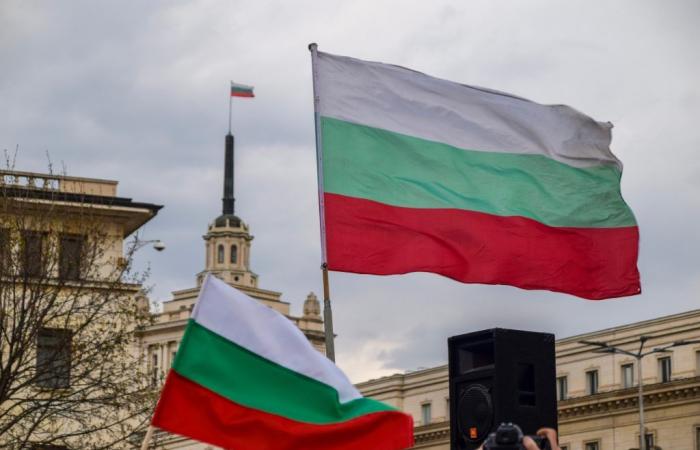Persistent inflation in Bulgaria: a major brake
Inflation in Bulgaria remains the main obstacle to the adoption of the euro. In May 2024, theThe average inflation rate over the last 12 months reached 5.1%, well above the 3.3% benchmark required by the European Central Bank’s (ECB) price stability criterion. Even though the monthly rate fell to 2.7% in May, the ECB expresses concerns about the sustainability of this drop. Unit labor costs and tight labor markets continue to fuel inflation, further complicating the situation.
To adopt the euro, Bulgaria must meet the convergence criteria set out in the Maastricht Treaty. It has already ticked three of the four necessary boxes: legislation compatible with the rules of the Economic and Monetary Union, a budget deficit under control and participation in the European exchange rate mechanism (ERM II). However, more is missing than price stability. Europe is emerging from an inflationary crisis, but according to European Commission forecasts, this gap should narrow by the end of the year or the beginning of 2025.
7 EU countries still do not have the euro as their currency
The current political situation in Bulgaria adds a layer of complexity to its euro membership. Former Prime Minister Boyko Borissov, who returned in force after the June elections, is struggling to form a stable coalition. Additionally, the pro-Russian ultranationalist Vazrazhdane party, which strongly opposes the euro, made a significant breakthrough in the last elections. This political instability risks further delaying the process of adopting the euro. Currently, 20 of the 27 Member States of the Union use the euro as their currency.
Despite everything, Bulgaria remains determined to adopt the euro. Deputy Minister of Finance Metodi Metodiev expressed the hope of joining the eurozone in mid-2025, citing more favorable economic conditions. However, only 49% of Bulgarians support this membership, and a majority fear a price rise. The ECB continues to closely monitor the situation, but the final decision will depend on the European Council and the European Commission, which regularly assess Bulgaria’s progress.






